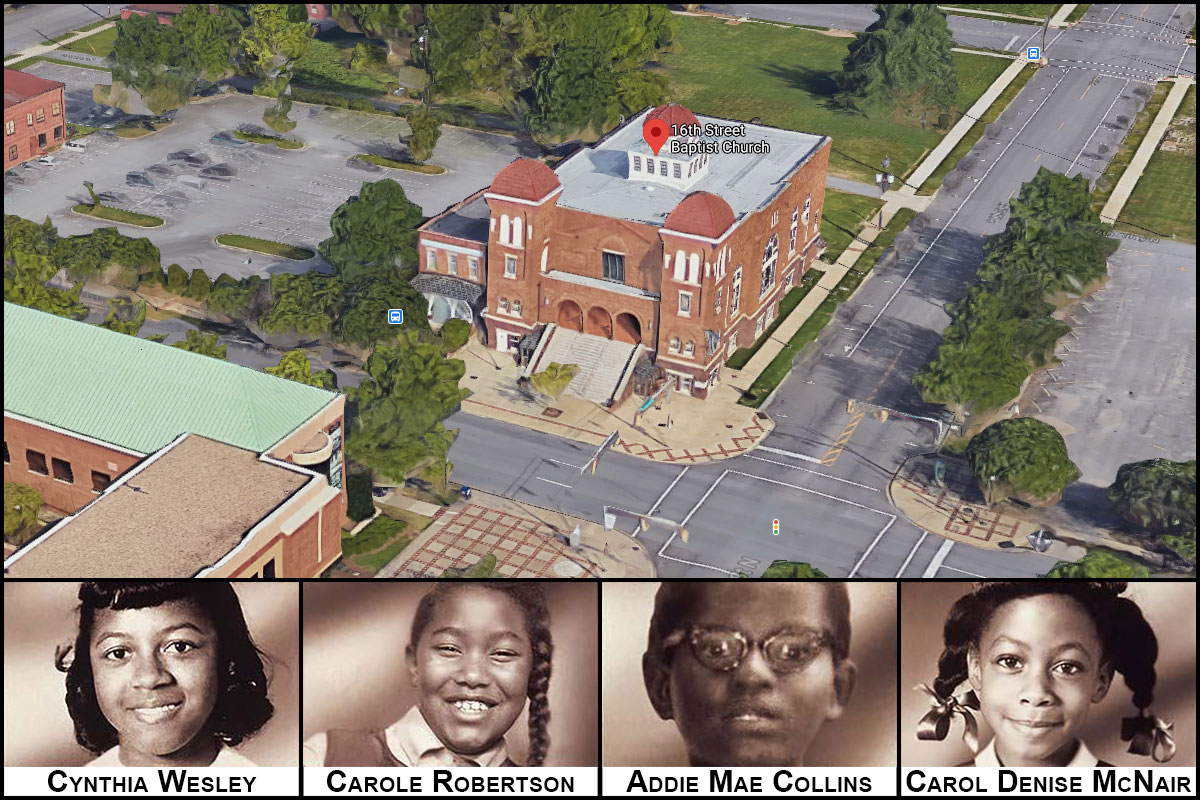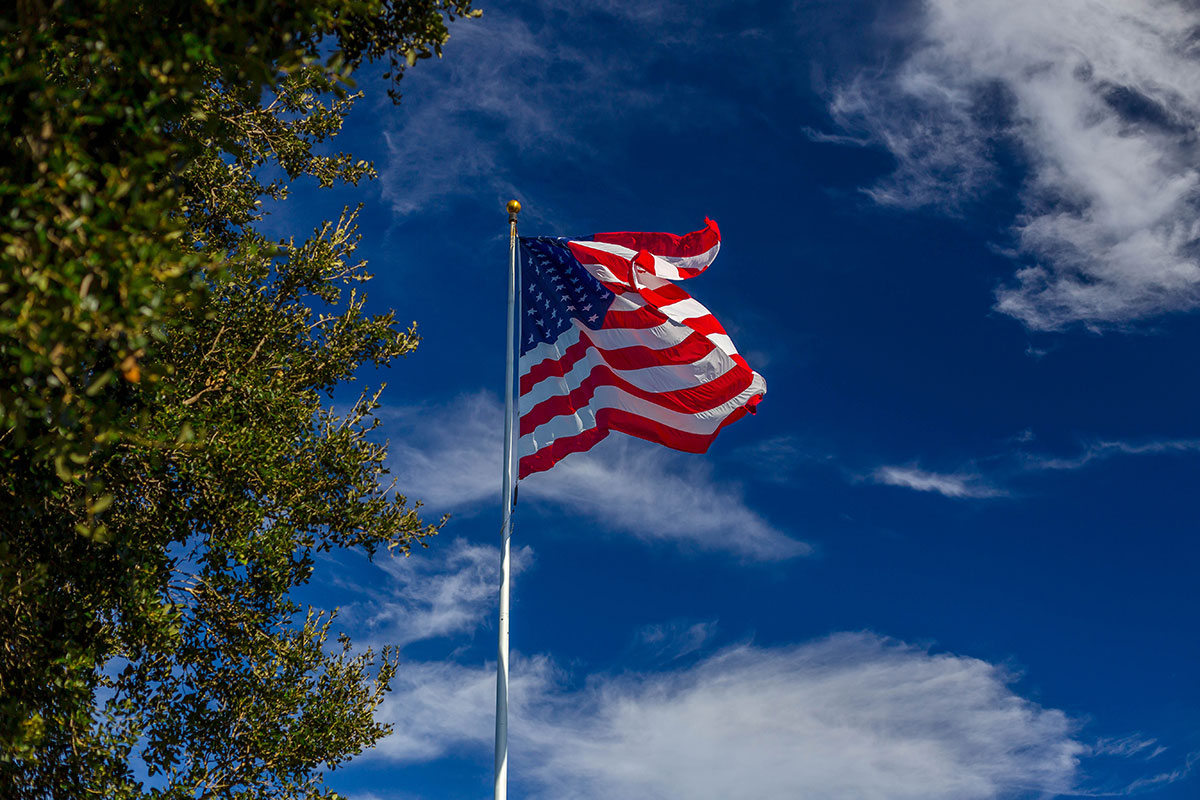Say Their Names
Say their names: Addie Mae Collins, Denise McNair, Carole Robertson, and Cynthia Wesley.
On September 15, 1963 four Black girls were murdered at the 16th Street Baptist Church in Birmingham, Alabama. I was 13 years old; and I was horrified by the tragedy. The pictures of the girls and the blast still remain embedded in my brain. My response to the shocking murders was personal because I found many similarities between me and Addie Mae, Denise, Carole, and Cynthia.
We were young girls who had sisters. I shared a name with Carole. We sang in the choir at church. We went into the bathroom and fussed with our hair before church. We all went to school and had homework. I wondered whether we listened to and enjoyed the same music on the radio—“Heat Wave” and “Big Girls Don’t Cry.” There seemed to be so many similarities, but our skin color difference was immeasurable.
As I wrote my book, Dr. King, The Rabbi, and Me: A Connecticut Journey, I learned so much about how those differences permeate my perspectives and my writing. Initially, as I detailed the events of that day, I wrote the four girls were “killed.” My editor corrected me. Say the words, she said: They were murdered.
Say their names: George Floyd. Breonna Taylor. Ahmaud Arbery. Say the words. They. Were. Murdered.
June 14: It’s “Flag Day”
“Pandemic virus.”
“I can’t breathe.”“
“No justice, no peace.”
These words are forever linked to our collective history. Isn’t it ironic that “2020” suggests clear and perfect vision? Most people would agree that the year 2020 has been—at the very least—replete with more questions than answers, especially regarding the future of our democracy. It seems that civil unrest is a daily occurrence. The vision of our country as the UNITED States of America appears to be out of reach, and some fear that it is slipping away. And what about “freedom and justice for all”? In these times, what does it mean to raise the flag on June 14, Flag Day? Continue reading “June 14: It’s “Flag Day””

